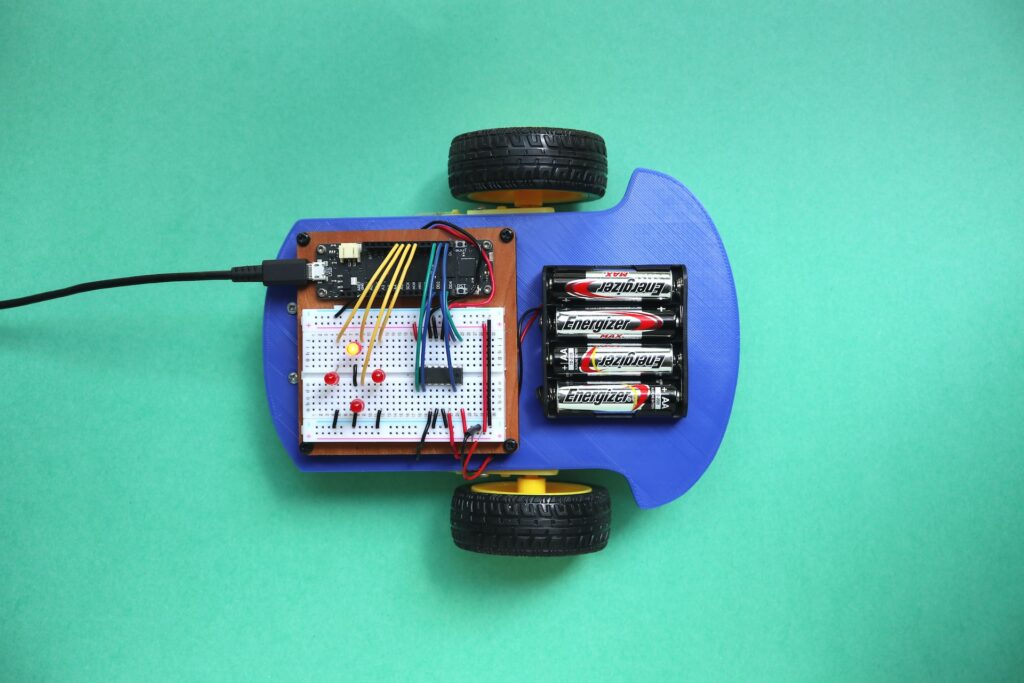Introduction: In today’s rapidly advancing technological landscape, electronics play a crucial role in shaping our lives. The demand for smaller, more efficient, and high-performance electronic devices has led to the development of innovative components like mini-circuits. This article delves into the world of mini-circuits, exploring their functionality, applications, and advantages.
What are Mini-Circuits?
Mini-circuits, as the name suggests, are miniature electronic circuits designed to perform specific functions within a compact form factor. These circuits can include a variety of components such as amplifiers, filters, mixers, attenuators, and switches, all integrated into a single package. Their small size and high performance make them invaluable in various applications.
How Do Mini-Circuits Work?
Mini-circuits operate on the same fundamental principles as their larger counterparts, utilizing electronic components to manipulate signals. They are designed with precision to achieve specific functions like amplifying weak signals, filtering out unwanted frequencies, or modulating signals for transmission. The miniaturization of these circuits is made possible through advances in semiconductor manufacturing and design techniques.
The adoption of mini-circuits offers several advantages for electronic devices and systems.
Size Reduction: Mini-circuits allow devices to be significantly smaller, making them ideal for portable electronics and space-constrained applications.
Improved Performance: Despite their compact size, mini-circuits boast excellent performance characteristics, delivering high efficiency and reliability.
Cost-Effectiveness: The integration of multiple functions into a single mini-circuit reduces the need for additional components, leading to cost savings in production.
Low Power Consumption: Mini circuits are engineered to consume minimal power, making them energy-efficient and extending the battery life of devices.
Applications of Mini-Circuits
The versatility of mini circuits makes them invaluable in a wide range of industries and applications.
Mini-Circuits in Telecommunications
In the telecommunications industry, mini circuits find application in signal amplification, frequency conversion, and filtering. They play a vital role in mobile communication devices, satellite communication systems, and base stations.
Mini-Circuits in Electronic Devices
Electronic devices, such as smartphones, tablets, and wearable gadgets, rely on mini circuits to perform essential functions while maintaining a compact form factor. Mini circuits enable seamless wireless communication, efficient power management, and signal processing.
Mini-Circuits in Aerospace and Defense
The aerospace and defense sectors benefit from mini circuits in radar systems, communication systems, and electronic warfare equipment. Their reliability and performance are crucial for mission-critical applications.
Choosing the Right Mini-Circuit
Selecting the appropriate mini- circuit depends on various factors such as the application’s requirements, frequency range, power handling capacity, and package type. Design engineers must carefully consider these specifications to ensure optimal performance.
To maximize the benefits of mini-circuits, here are some useful tips:
Understanding Specifications: Familiarize yourself with the datasheets and specifications of mini-circuits to make informed decisions during integration.
Proper Circuit Layout: Ensure proper PCB layout and grounding to minimize interference and signal loss.
Temperature Considerations: Account for temperature variations that may affect the performance of mini-circuits, especially in extreme environments.
Component Placement: Carefully place mini-circuits in electronic devices to optimize signal flow and reduce noise.
There are a few misconceptions regarding mini-circuits that need clarification:
Reduced Performance: Some believe that miniaturization compromises performance, but mini circuits are designed for high performance and efficiency.
Limited Applications: Mini circuits are incredibly versatile and find application in various industries beyond electronics.
As technology continues to advance, mini-circuits are expected to follow suit. Future trends include:
Advancements in Material Science: New materials may enhance the performance and efficiency of mini circuits.
Conclusion
Mini circuits have revolutionized the electronics industry by enabling smaller, more efficient, and high-performance devices. Their integration in telecommunications, consumer electronics, aerospace, and defense has significantly impacted modern technology. As we look to the future, mini circuits are set to play an even more critical role in shaping the electronics landscape.
FAQs
- Are mini circuits only used in electronics? Mini circuits find applications in various industries, including telecommunications, aerospace, and defense, apart from electronics.
- Can mini circuits replace traditional electronic components? While mini circuits offer numerous advantages, they cannot entirely replace traditional component. Their integration depends on specific use cases and requirements.
- Can mini circuits be customized for specific applications? Yes, mini circuits can be customized to meet the specific needs of different applications.
- What are the primary challenges in miniaturizing circuits? Miniaturizing circuits involves managing thermal issues, component placement, and maintaining signal integrity in confined spaces.
